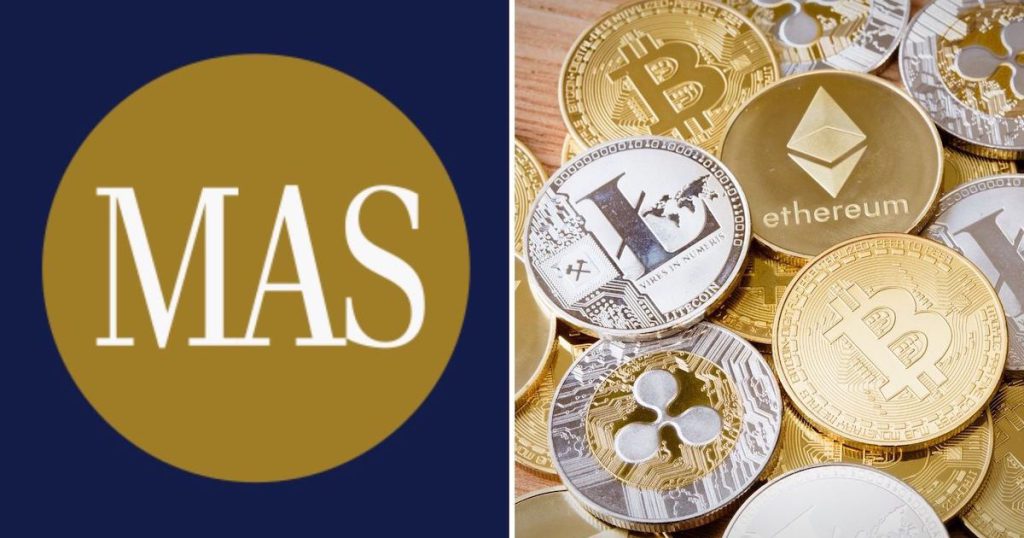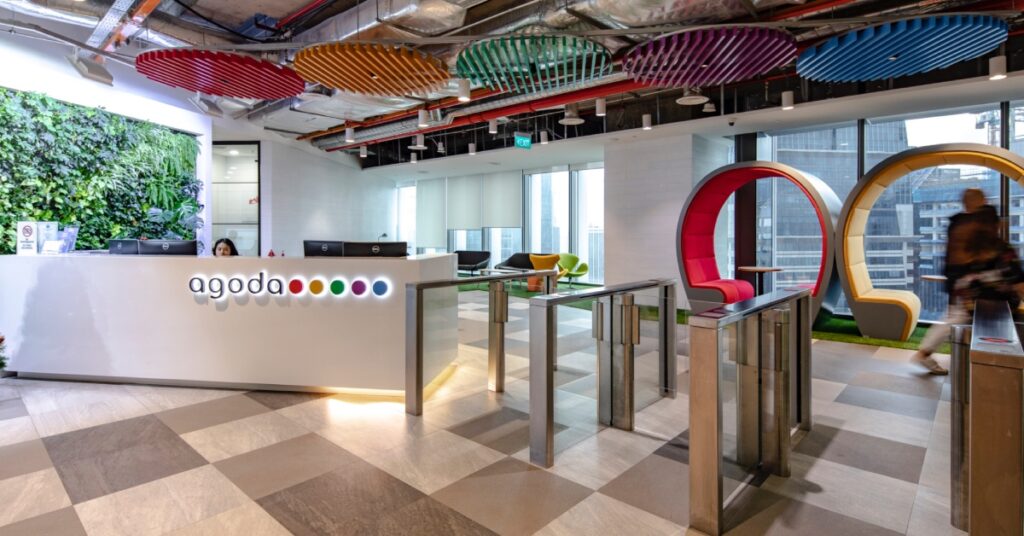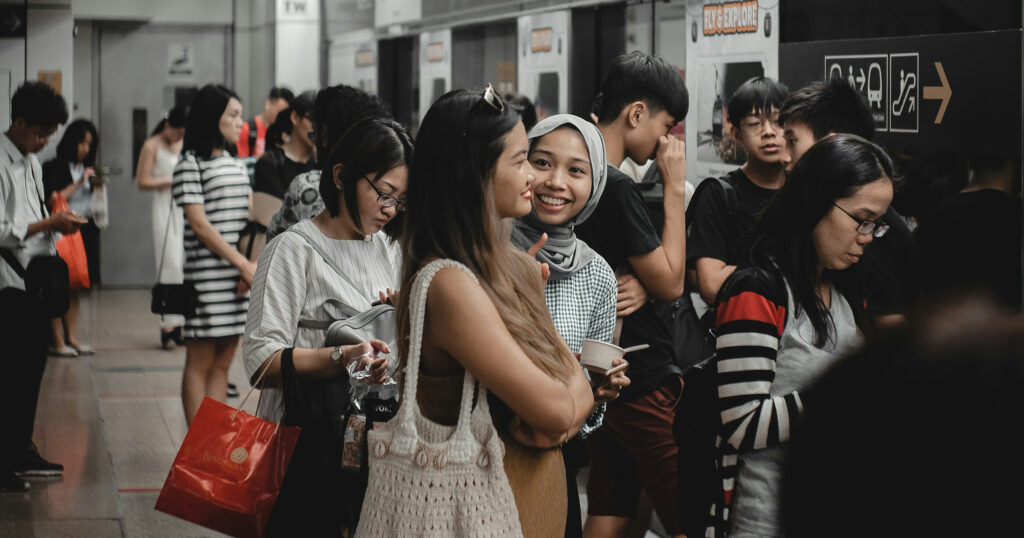Singapore’s crypto regulation has once again been put under the spotlight. To some extent, this is nothing new, and to say that Singapore has a bit of a reputation for policies that earn disapproval from other countries might be an understatement.
Right now, many in the crypto space are expressing displeasure at the way that the Monetary Authority in Singapore (MAS) has been handling the regulation of cryptocurrencies.
Primarily, the criticism is that MAS’ policy has been too strict, and is stifling innovation.
These critics may have a point: to operate a cryptocurrency business in Singapore, a business needs to obtain a licence from the MAS — this entails a long and arduous process that can take several months, comprising due diligence procedures, background checks, and many loopholes to jump through before the company obtains its licence.
Of the 200 or so companies that have applied for a licence, only around 14 have been granted in-principle approval, and even fewer have obtained the full licences.
So does this mean that the critics are right and that MAS will eventually have to bow down? Not quite.
On the contrary, the crypto winter will vindicate the cautious policy of MAS, and prove its foresight and understanding in being wary of crypto penetration into Singapore.
Unpacking the liberal and neoliberal theory of economics
To fully understand the point that the critics are making, it helps to unpack some of the economic theory that underlies their thinking.
The core argument is that unrestricted trade will be beneficial for countries because the free development of industry and pursuit of individual self interest is the engine of social and economic progress.
Since the market is the most effective, natural, and efficient mechanism for allocating resources, development of the market is a prime objective. In turn, following these prescriptions will result in a country’s ability to realise their full economic potential.
In a world of mobile capital, it is certainly true that companies can choose to leave Singapore anytime that they like, and for any reason. Binance, one of the largest cryptocurrency exchanges in the world, announced its departure last year, and Bybit has also begun moving its headquarters overseas.
With foreign companies leaving, it certainly does seem that Singapore is losing the race to become the crypto hub of Asia and the world.
And what does MAS have to show for its policies?
Singapore has seen its fair share of crisis-stricken companies. Terraform Labs almost collapsed in May, and Three Arrows Capital has been ordered into liquidation. Vauld has also come under strain, and is in talks with Nexo to discuss a possible bailout and acquisition.

For all the foresight that MAS claims to have, it seems to still fail to properly regulate companies that come to Singapore.
What really is the point of MAS’ regulatory policies?
That being said, the points made by these criticisms are really just strawmen. Donovan Choy argues that MAS’ rhetoric of going through the ‘responsible’ way to regulate crypto “masks the key assumption… that policymakers are equipped beforehand to know what will and will not work in crypto.”
While this may be true to some extent, it is also a trivial point — the government doesn’t claim to be omniscient, and to know before anyone else what will and will not work.
The point of government policy is to ensure that the companies that come in are able to bring in value, and not necessarily in terms of just money-making opportunities for investors.
The place where this value is to be found is, as MAS policymakers have emphasised repeatedly, in utility. The question that MAS is asking is not ‘will this company make money?’, but rather ‘will this company provide something useful?’.
The reason for this is also simple. Singapore has a reputation to maintain and an economy to run. If crypto was completely unregulated in Singapore, companies would come in and take advantage of the low tax rates and business incentives.
It also means that companies of the unscrupulous sort can take advantage of new players and asymmetric information in the crypto space as well. At the same time, companies are fundamentally driven by profit — whether this comes from providing something useful, or running ponzi schemes.
Is there really a point in welcoming companies that, when successful, offer nothing of substance to Singapore’s economy? It is evidently a bad deal — if the company is successful, no one benefits; and if the company fails, Singapore’s reputation suffers.
At the same time, if companies are truly innovative as a result of the culture of market innovation, in what way are they stopped from showing this innovation when questioned by regulators?
Liberals like Choy would have us believe that crypto is growing and that Singapore will be hamstrung by its need to regulate crypto companies. Companies packing up and no longer as interested in getting their licences here is certainly not ideal.
But Choy misses that many of the companies that have been hard-hit by the crypto winter are actually not regulated by MAS — this was made clear by Ravi Menon, MAS’ managing director just this week.

The case of Three Arrows Capital in particular does more harm than good to Choy’s argument. The company has not received its licence or even an in-principle approval, and in the days following its spectacular crash, it was actually censured by MAS for exceeding the amount of capital it was allowed to manage and providing false information to MAS.
In other words, these companies have not been granted MAS approval and their Digital Payment Token licence, precisely because they have not proven the utility of their business to the crypto industry and to Singapore’s economy.
These companies were bringing in large sums of money, and while there is utility to be had when it comes to making money, making money should not be the ‘be all and end all’ of government regulators in Singapore.
The liberals, it seems, have forgotten that the ends to which they prescribe free trade, remains the benefit of the common man and the development of a healthy economy.
And if it’s the permissionless culture that drives such market innovation, then entrepreneurs should show how they are really innovating and providing utility to Singapore. At the end of the day, the regulation is based on the end product, and not the process.
Is MAS trying to have their cake and eat it too?
A key concern that critics have had is that retail investors should also be allowed to buy in and ‘vote with their dollars’ — something that MAS has been extremely unwilling to allow.
MAS has banned crypto ads targeted at the retail public, and removed crypto ATMs as well. Additional restrictions on retail investment into crypto are also apparently in the works.
Again, Choy has criticised this attitude — some losses are inevitable when entering a new industry and using new tech. And without support from the retail public, how can companies with good ideas and new products survive?
But again, attracting capital is not a policy that MAS is pursuing at all costs. Singapore wants to be a crypto hub, but not one that is willing to lower its standards just to accommodate what every business wants.
At the end of the day, a key that unlocks every lock is a master key, but a lock that can be unlocked with any key is useless.
MAS is not trying to have their cake and eat it too. On the contrary, they have always been focused on questioning which cake is worth having and which is not.
Singapore is not interested in getting every single crypto company to come to Singapore, for fear of missing out on first-mover advantage. Instead, it wants to only welcome great companies who are making full use of last-mover advantage.
Instead of having companies that build off from hype and offer little substance, MAS is allowing companies to apply for licences, take an in-depth look at how they operate here and overseas, and see which companies actually have something to offer. The low acceptance rate is reflective of the lack of innovation in the crypto space, rather than that of MAS intentionally curtailing innovation.

Many of the companies that MAS has not approved have also run into their own problems. Terraform Labs collapsed earlier this year, and Three Arrows Capital’s founders Zhu Su and Kyle Davies have gone into hiding. Meanwhile, Binance is facing lawsuits in the US for its advertisement of Terraform Lab’s Luna token.
These are the types of losses that MAS has been trying to prevent: losses that have accrued from a failure to ensure sufficient safeguards, from flawed business models, and from negligence.
These are unnecessary losses, and in the long run, having these losses can be the downfall of entire economies. Let us not forget the speculative currency attacks of 1997 and 1998 — some of our neighbouring countries are still recovering from them even today, economically, socially, and in terms of reputation.
A healthy economy not only means that regulation is good — it means that regulation is necessary.
Is crypto really an existential issue?
But what happens even if Singapore is putting unnecessary obstacles in the path of crypto companies hoping to set up shop in Singapore? Capital flight is definitely not an ideal situation, after all.
On top of this, the crypto space is primed to be the next big thing — a huge engine of growth that will be worth US$2.2 billion by 2026 in the US alone. Failure to capture this market may not be ideal, but it is far from an existential issue.
Singapore is involved in other sectors of trade other than cryptocurrency-dependent ones: maritime trade, high-end manufacturing, oil refining, and many more. The crypto sector is an industry that may touch many industries, but will it really define industries?

Companies like MVL use blockchain technology without using cryptocurrency, and the government has already started a pilot program alongside key financial institutions to explore asset tokenisation and decentralised finance.
To suggest that the government’s strict regulations are showing that crypto companies are unwelcome, and that this policy will end up becoming Singapore’s downfall is at best fallacious and at worst, alarmist.
In any case, Singapore’s policies have always been relatively business-friendly: low corporate tax rates, high quality infrastructure, and many more. While crypto businesses may not feel the friendliness right now, there is more than sufficient reason for it. An ounce of prevention is, after all, worth a pound of cure.
In this vein, the solution — as blasphemous as it sounds to liberals — may be increased regulation, both in enforcement and due diligence. The crypto winter has shown that the crypto space is desperately in need of it, and Singapore, with its well-trained bureaucracy, is a good place to start.
Featured Image Credit: Forkast
Also Read: Civilising crypto: Why the crypto world needs a legal framework for disputes moving forward










